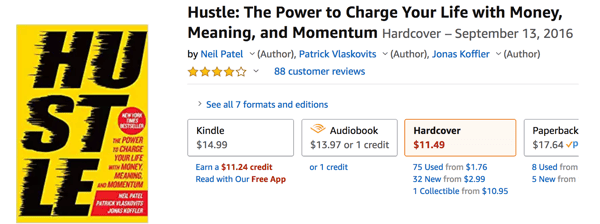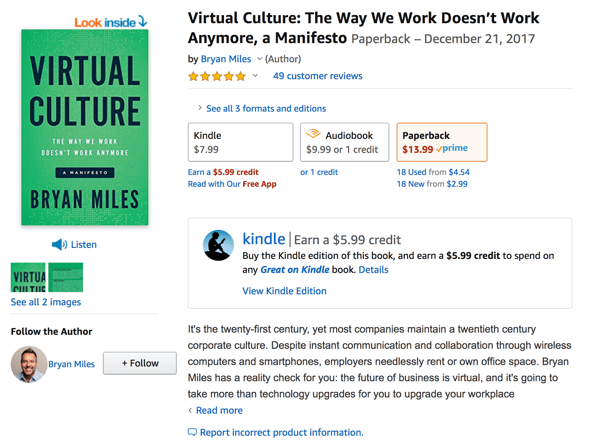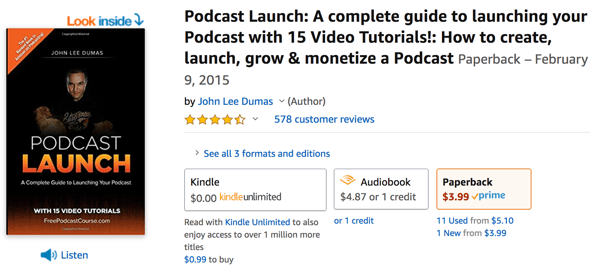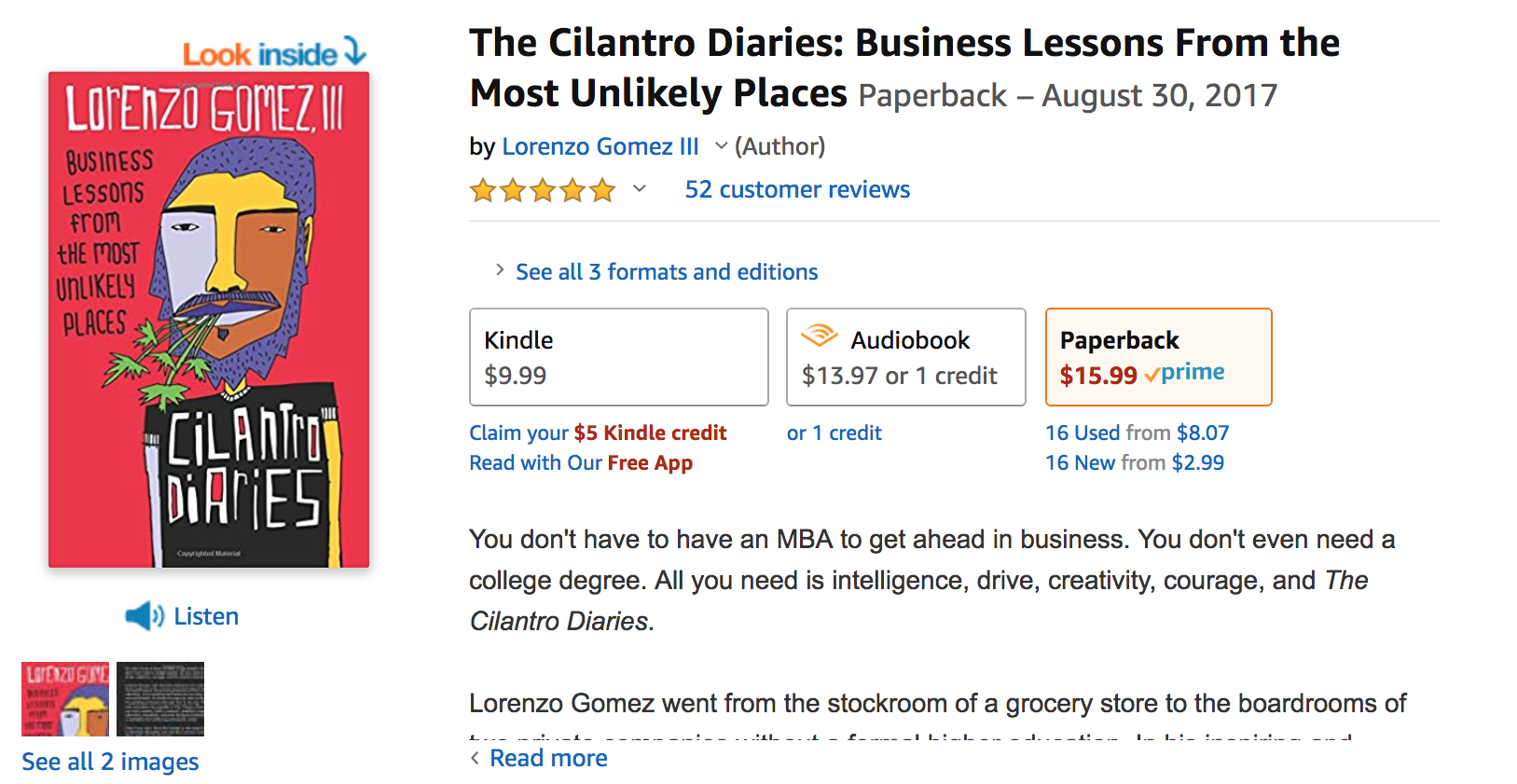Neil Patel. Bryan Miles. John Lee Dumas. Lorenzo Gomez. They're all marketers and business owners, but they all have something else in common. They've all written a book. And if you're a rising star in your industry and building up your brand, you might consider the same.
You figure:
This will help me be seen as an influencer.
This will land me speaking and conference gigs.
This will definitely get us more business.
All of those things are true. A book is a tremendous opportunity to increase your brand exposure. With a book, you can get your message in front of your target audience and get people talking about you and your brand.
Using A Self-Published Book to Maximize Brand Exposure: Takeaways From 4 Marketing Influencers
If you want to use a book to gain more brand exposure, you need to do one critical thing.
You need to write a book that serves a specific purpose for the reader.
A book that shares a secret, tactic, or tool that helps the reader grow is much more engaging than a book that pushes your product. If it helps them accomplish something, they'll get excited about it. They'll talk about it with their peers on LinkedIn. They'll write positive reviews on Amazon. They'll publish blog posts about it and talk about you and your company.
You get more and more brand exposure.
There are a few influencers that have mastered building brand exposure with books that taught the reader something new or innovative, and you can borrow a few of their tactics to do the same.
Neil Patel, Hustle: The Power to Change Your Life with Money, Meaning, and Momentum
Neil Patel is a pretty well-known marketer, and his success wasn't an accident. Patel is literally everywhere. He has a great website, a highly active LinkedIn page, he writes for Forbes, and he's a public speaker. And on top of all of that yes, he's an author.
Neil Patel's "Hustle"
Those brand exposure tactics have significantly increased his influence. Together, those channels and resources make up a powerful multi-medium personal branding strategy.
Patel covers more ground and reaches his target audience where they consume content. His audience is on LinkedIn, shops on Amazon, and reads Forbes. He gets more brand exposure because he shares his expertise everywhere.
Bryan Miles’: Virtual Culture
Byran Miles wrote a book that was a part manifesto and part playbook to show entrepreneurs how to create and operate a virtual company. Thus, "Virtual Culture" gives the reader a way to replicate his success at their own company.
Bryan Miles, "Virtual Culture"
It's a great resource for his audience and similar to a highly effective lead magnet.
With a great lead magnet, you attract new website traffic and leads. You earn the trust of your audience. You're not trying to sell them anything. You're trying to help. And with such a useful resource, Miles gets recognition from his readers as they adopt his successful strategies and discuss the results with their peers.
John Lee Dumas: Podcast Launch
John Lee Dumas, the podcasting pro, doesn't seem like he would need to publish a book. He's already mastered one medium, right? But when you branch out to another channel or medium, you tap into a new audience.
That's why Dumas has a pretty brilliant approach. Aside from gaining more brand exposure, Dumas also uses his book to get leads, which helps him built and maintain a better contact list.
John Lee Dumas, "Podcast Launch"
It's pretty smart. Dumas uses one medium to reinforce another. He can add all of those leads to his email list, and start sending them highly relevant messaging promoting his podcast. He hits this audience with updates and high-quality content.
Lorenzo Gomez: The Cilantro Diaries: Business Lessons from the Most Unlikely Places
Lorenzo Gomez, the Geekdom CEO, wrote a book about his days working as a grocery bagger in rural Texas, aligning his experience to lessons he's learned in business. Not only does the book teach the reader something, but it also shares a lot of Gomez's core values, such as altruism.
Lorenzo Gomez, "The Cilantro Diaries"
Ultimately, these core values carry over to his business values. The book shows how much he cares about people. It's a great platform to get speaking and volunteering opportunities, which, in turn, help him increase his brand exposure even more.
DEVELOPING Brand RECOGNITION For Your Growing Company
When you gain enough brand recognition, your customer knows you. They see an orange sprocket and think of HubSpot. They see a red and white can, and they think of Coca Cola. They see your face pop up in their news feed and they know your name. But gaining this kind of recognition takes patience. It takes time for people to learn about who you are and what your brand has to offer.
That's why when you're first scaling your startup or company, it's critical to focus on the right initiatives that are going to gain you brand recognition. And in the beginning, those are initiatives need to get you in front of the right customer with the strongest, most memorable type of message.
As an Inbound Writer for Lean Labs, Melissa writes about high-converting websites and customer-centric marketing. She's an avid traveler, with trips to Iceland, Ukraine, and Portugal under her belt. She currently resides in Wilmington, North Carolina with her dog, Morrie.








